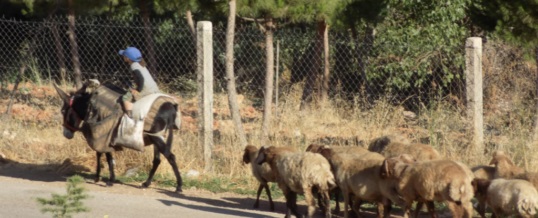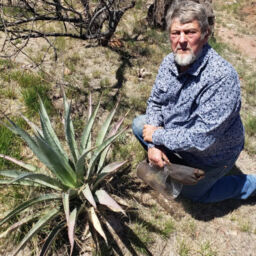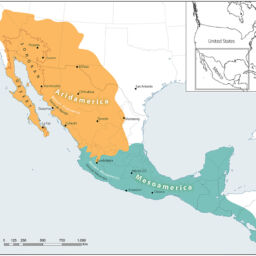Nabhan, an ethnobotanist, cofounder of Native Seeds/SEARCH, and prolific author, draws on his longtime relationships with the land and people of the Southwest U.S., together with wisdom from farmers and gardeners in Egypt, Mexico, and other dry places, to suggest solutions for growing food and developing agricultural resiliency as climate change affects wider swaths of the planet. He discusses using hedge fences (he calls them “fredges”) to minimize flood damage; choosing ancient and traditional methods for water management; soil building using local materials; terracing for fertility and erosion control; creating polycultures with perennials and drought-hardy plants; and attracting and supporting native pollinators. This information, which includes detailed instructions and lists of plants and pollinators, will undoubtedly be useful to farmers and gardeners facing more volatile weather patterns. Their spirits may lift as well with the book’s somber but hopeful poetic tone, exemplified by Moroccan Sufi mystic and farmer Aziz Bousfiha, who is working to transform deserts into living oases: “It’s not just activism I am talking about… I am talking about something larger, deeper: participating in the creation—for that is the… expression of our love.” (June 20)
Related Posts

Here’s what Biden should do about the poverty, discrimination and environmental destruction. President Biden has pledged that there will “not…

This last year, the Arizona government repeatedly received favorable national attention for positive conservation actions: protecting the state’s scarce groundwater…

As I closed my eyes, I began to see brilliant flashes of that dream again, the one members of my…

Pope Francis has encouraged us to take tangible action to reduce the causal agents of climate change. “We must move beyond…

Gary Nabhan discusses his work in sacred plant biocultural recovery and the importance of conserving relationships between humans and plants….

We propose that comparisons of wild and domesticated Capsicum species can serve as a model system for elucidating how crop…

It’s in response to mandatory Colorado River cutbacks triggered by drought. The first major report forecasting Arizona’s mandatory Colorado River…

Patagonia resident, award-winning ethnobotanist and Native Seeds/Search co-founder Gary Nabhan has a new book out, the 40th (or so) in his long career. Co-authored with…

Climate change is aggravating agricultural crop failures, and the paucity of wild food harvests for Indigenous desert dwellers in Mexico…

As conservation biologists and hydrologists who have collectively worked on the border at Quitobaquito Springs in Organ Pipe Cactus National…

The paperback release of Agave Spirits by WW Norton marks a year of critical praise not just for the Suro-Nabhan…

Reflecting on 50 years of social and environmental justice work When the first celebration of Earth Day was being planned…

This last year, we have palpably felt a heightened level of traumatic stress pervasive in the Indigenous communities where all three of us have worked on both sides of the international boundary. Throughout our adult lives, we have provided educational opportunities, technical assistance, and land rights advocacy strategies within the many Indigenous communities that live within 100 miles or so from the U.S.-Mexico border.

There is growing concern that lack of access to natural habitats—especially ones with diverse soil microbiota and vegetation—exacerbates individual human…

The bulldozing of rare cacti and other species at Organ Pipe Cactus National Monument in Arizona for the Trump border wall has caused much controversy. But as it happens, this isn’t the first time bulldozers have altered this site.

